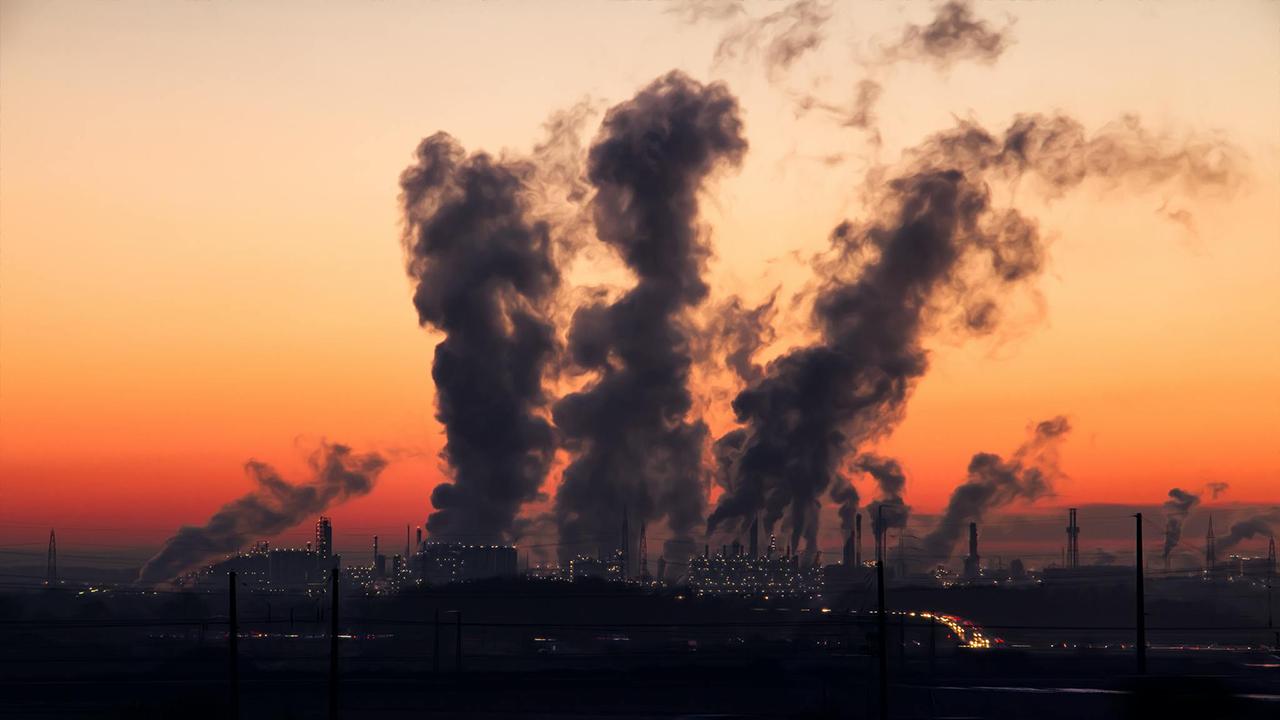
The Intergovernmental Panel for Climate Change (IPCC) regularly assesses the impact, future risks, and options for mitigation of climate change. The Panel publishes regular reports to provide governments with relevant and reliable scientific information that can inform their decision making. These documents are the result of the collective effort of global experts: scientists with different backgrounds who volunteer their time and expertise to produce comprehensive, objective and transparent reports.
Since its founding in 1988, the IPCC has carried out six assessment cycles. During the last one, it was decided that the 7th Assessment Cycle would include a Special Report on Climate Change and Cities that would focus on the relationship between climate change and urban life. Last November, the IPCC issued a call for experts to participate in the Scoping Meeting that that is taking place from 16 to 19 April 2024 in Riga, Latvia and will prepare the work for the Special Report.
The IPCC has selected about 80 experts worldwide, providing many different perspectives to climate change, ranging from the analysis of the physical mechanisms at play to the impact of climate change and possible solutions. Nominations of national experts were collected by the Euro-Mediterranean Centre on Climate Change (CMCC), as the IPCC Focal Point for Italy. Researchers Erika Coppola of ICTP’s Earth System Physics section and Monica Salvia of CNR were selected from among 38 Italian experts in a wide spectrum of fields.
Coppola, who specialises in regional climate and hydrological models, climate extremes and land-atmosphere interactions, already contributed to the assessment report produced by Working Group I in the 6th Assessment Cycle organised by the IPCC. As a lead author, she coordinated the assessment of regional climate information across all continents and contributed to developing an updated IPCC risk assessment framework.
“I think the fundamental purpose of this IPCC Special Report will be to shine a spotlight on the fact that future urban policies and planning need to consider climate change for the life and well-being of the people living in cities,” explains Coppola. “Without accurate planning for the future development of cities risks will be higher,” she adds.
“I believe that this scoping meeting aims primarily to discuss the use of urban development strategies, recognizing the need for coordination among different scientific communities, including climate, urban planning, and engineering, together with policymakers,” continues Coppola. “The IPCC Special Report will offer the opportunity to create a link between this knowledge, synergy among the various skills involved, allowing coordinated and independent research in each sector,” she concludes.
















